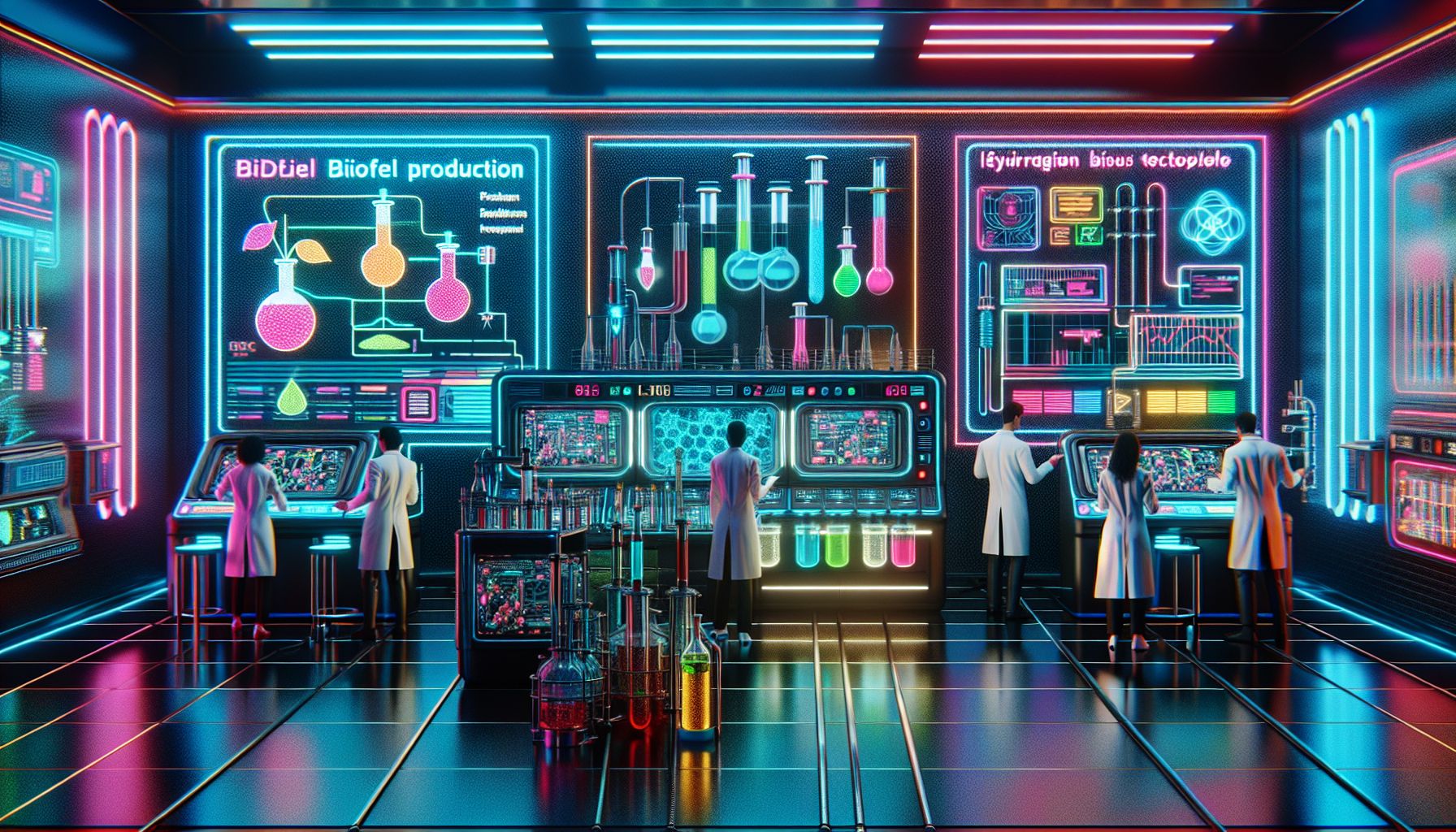Hydrogen-Powered Bacteria: The Future of Efficient Biofuel Production

Berkeley, Friday, 31 October 2025.
JBEI scientists have engineered bacteria that use hydrogen as energy, potentially slashing biofuel costs and boosting sustainability. A clean, efficient alternative to sugar-dependent processes is on the horizon.
Revolutionary Approach to Biofuel Production
The Joint BioEnergy Institute (JBEI) has announced a groundbreaking development in biofuel technology. Scientists there have successfully engineered bacteria that can utilise hydrogen gas instead of traditional sugar as a source of energy [1]. This shift could dramatically reduce the costs associated with biofuel production, as hydrogen provides about three times more cellular energy per dollar compared to sugar [1].
Implications for the Biofuel Industry
This innovative approach not only promises to make biofuels more affordable but also significantly more sustainable. By relying on hydrogen, a clean and potentially renewable resource, the process circumvents the environmental and economic drawbacks of sugar-based production [1][2]. The bacteria’s ability to convert hydrogen into energy while preserving sugar for conversion into biofuels and other products represents a substantial leap forward in bio-manufacturing efficiency [1].
Broader Impact on Renewable Energy
The potential of these engineered bacteria extends beyond mere cost efficiency. By harnessing hydrogen, which can be produced from renewable sources, this technology aligns with global efforts to reduce reliance on fossil fuels [3]. Moreover, this advancement underscores the role of synthetic biology in addressing energy challenges, highlighting a promising path towards cleaner and more sustainable energy solutions [3].
Looking Forward
As we look to the future, the integration of hydrogen-utilising bacteria in the biofuel production process could redefine the industry. This method offers a new dimension to bio-manufacturing, potentially making renewable fuels and chemicals more competitive with traditional petroleum-based products [1][3]. The work of JBEI researchers opens the door for further innovations and optimisations in biofuel production, which could have far-reaching impacts on both the economy and the environment.